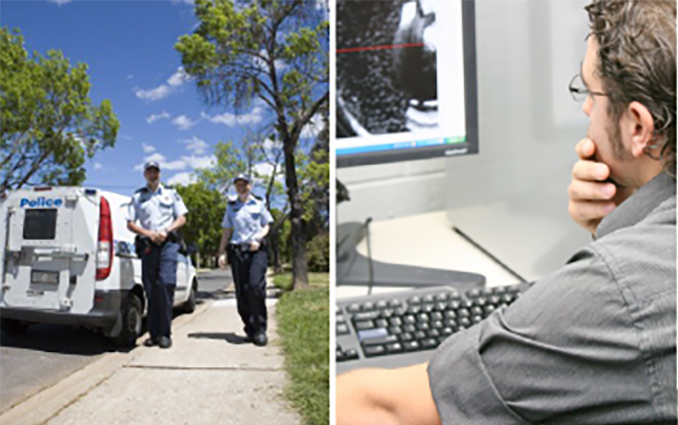What is our part in providing healthier workplaces?
Focusing on the role leaders play in the success of teams we have collated several articles, a podcast and a TEDTalk to help you manage your team's well being.
TEDTalk - Why Good Leaders Make You Feel SafeIn discussion with one of our Frontline groups, it became apparent many of these leaders attributed the success of their teams to having good people. Whilst giving credit to your team is critical as a leader, simply having good people is not enough to build a great team. Often leaders overlook the impact of their own leadership on team efficiency, morale, and success. Even the wellbeing of the team can be impacted by the leader’s attitude and focus. Effective leadership plays a pivotal role in harnessing the collective potential of a team and steering it towards success in a psychologically safe environment. | |
ABC Listen - How To Be A Leader With Both Your Head and Your HeartHaving good people is undoubtedly important but it downplays the profound influence leaders have in shaping team dynamics and outcomes. A leader’s actions, decisions and attitude can foster a culture of collaboration, innovation, and excellence; or they can sow the seeds of dysfunction, conflict, and distrust. This podcast provides commentary on the importance of leading with your head for the business and your heart for the people. | |
Leadership and WellbeingPoor leadership can have detrimental effects on even the most talented and capable team. Micromanagement, lack of role clarity, failure to provide support and resources can breed frustration, resentment and be demotivating. What's the role of authentic leadership in generating a healthy workforce? | 
|
How Can Police Supervisors Better Support Officers’ Mental Wellbeing?A leader’s ability to inspire, motivate and empower their team members can be the catalyst for positive transformation within the team. By providing a clear vision, articulating goals, and providing guidance leaders instil purpose and direction. Effective communication fosters trust and alignment ensuring everyone is working towards the common objective. | 
|
Helping Others Results in Helping Yourself:How Well-Being Is Shaped by Agreeableness and Perceived Team Cohesion Leaders should recognise the pivotal role they play in shaping team dynamics and outcomes. By empowering, inspiring, and supporting their team members, leaders can unlock their full potential and drive organisational success. It’s time for leaders to give themselves permission to take credit for the good work of their team and acknowledge that their leadership matters. | 
|
Leadership for Wellness:A Strategy for Developing Police and Public Safety Leaders This paper is not about secondary and tertiary responses to mental health. It is not about policy, or organisations, or “the system”. It is about you, the leader, caught in the growing complexity of policing and public safety, needing yourself to stay healthy whilst every day creating a healthy workplace that can sustain your people. | 
|
Key Takeaways
Shared success: While having talented individuals is important, it's crucial to acknowledge the leader's role in harnessing potential and creating a successful team environment.
Leadership impact: Effective leadership fosters collaboration, innovation, and excellence, while poor leadership can demotivate and hinder even the best teams.
Leaders have agency: It's important for leaders to embrace their role in shaping team dynamics and empower, inspire, and support their team members.
Taking credit: Leaders should acknowledge their influence on positive team outcomes without appearing arrogant or self-serving.
Welfare: Caring for your own wellbeing and the wellbeing of your team are critical components to success.
